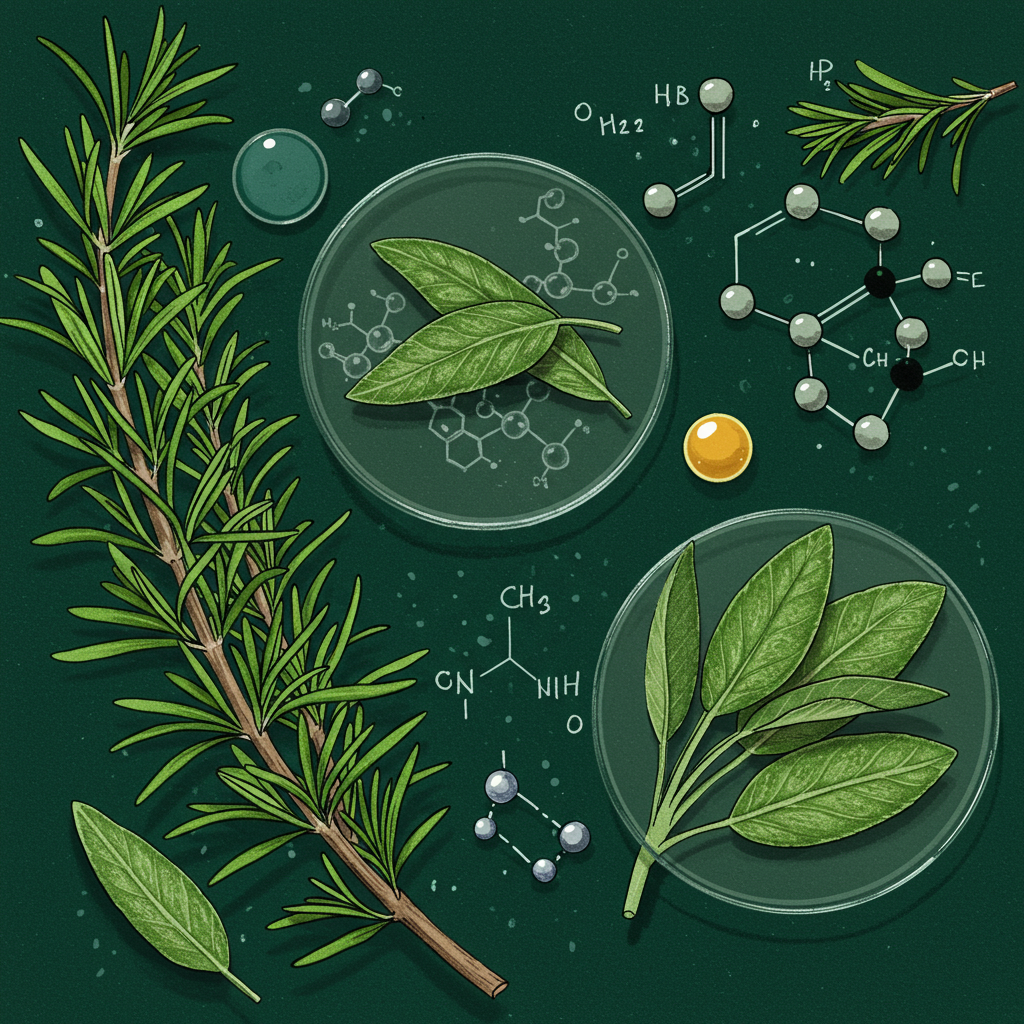Robert F. Kennedy Jr.’s potential role in shaping American public health has ignited significant debate. As discussions unfold about his potential leadership within health agencies, his past and present views on vaccine ingredients, particularly thimerosal, are under scrutiny. This focus isn’t just about one chemical; it’s a window into a broader philosophy challenging established scientific and regulatory norms. Examining the thimerosal issue reveals the tension between proposed policy changes and the existing scientific consensus, highlighting a critical debate for the future of public health.
The Thimerosal Recommendation Under Scrutiny
Imagine a near future. In this scenario, set on June 26th, 2025, a vaccine advisory panel established by Robert F. Kennedy Jr., hypothetically serving as America’s Health Secretary, issues a notable recommendation. The panel proposes removing thimerosal, a mercury-based preservative, from all flu vaccines. This ingredient is commonly used in multi-dose vaccine vials to prevent bacterial and fungal contamination once the vial is opened. While many vaccines, including most childhood shots, were transitioned to single-dose vials or formulations without thimerosal years ago, it remains present in some multi-dose flu vaccine options.
This specific recommendation brings a long-standing controversy back into the spotlight. It aligns with arguments historically made by those who question vaccine safety and efficacy. For decades, thimerosal has been a target of concern, primarily fueled by now-debunked theories linking it to autism.
Thimerosal: Science vs. Fear
What exactly is thimerosal? It’s a preservative containing ethylmercury, which is different from the harmful methylmercury found in certain fish. Thimerosal has been used in vaccines since the 1930s. Its purpose is crucial: to prevent dangerous contamination of vaccine vials, especially in multi-dose formats used in clinics globally.
The concern surged in the late 1990s. Speculation arose that the cumulative exposure to mercury from thimerosal in multiple childhood vaccines could be harmful. This led to extensive scientific investigation. However, study after study conducted over two decades by independent researchers and leading health organizations worldwide, including the CDC, FDA, WHO, and the European Medicines Agency, found no link between thimerosal in vaccines and autism or other developmental disorders.
Leading health bodies have consistently affirmed thimerosal’s safety profile. They emphasize that the ethylmercury it contains is quickly cleared from the body. Despite this overwhelming scientific consensus, fear and misinformation persist. The hypothetical recommendation to ban it entirely, even from flu shots, reflects an ongoing skepticism towards established scientific findings regarding this ingredient. Studies continue to show thimerosal provides vital microbial protection with no evidence of causing harm at the trace levels used in vaccines.
More Than Just One Ingredient: A Broader Health Agenda
The focus on thimerosal isn’t an isolated issue for Robert F. Kennedy Jr. It appears to be part of a much larger agenda aimed at fundamentally reshaping public health policy and institutions. His “Make America Healthy Again” (MAHA) movement identifies the U.S. chronic disease epidemic as a primary crisis. He attributes this crisis largely to what he views as corruption and harmful practices within the “big food and big pharma” industries and the regulatory agencies overseeing them.
This perspective fuels a deep distrust of established institutions like the CDC, FDA, and NIH. Kennedy has advocated for significant restructuring and personnel changes within these agencies, even suggesting mass firings of scientists and administrators. His stated goal is to restore federal agencies to what he calls a “gold standard science” based on “empirically based evidence.”
This critical view extends beyond vaccine preservatives. Kennedy has voiced strong opinions on various health-related issues. He targets food additives and dyes, claiming many are illegal in Europe and contribute to poor health, particularly in children. While agencies like the FDA note regulatory differences between countries, Kennedy pushes for bans and stricter oversight, sometimes citing examples like perceived differences in ingredients between U.S. and Canadian products. He also criticizes fluoride in public water supplies, calling it a “dangerous neurotoxin,” despite widespread scientific consensus supporting its role in reducing tooth decay as a major public health achievement.
Challenging the Status Quo: Policies and Controversies
Implementing such sweeping changes faces considerable hurdles. The federal government’s power over public health matters like vaccine mandates is primarily indirect. States hold most of the authority to require vaccinations. However, federal bodies like the CDC’s Advisory Committee on Immunization Practices (ACIP) issue recommendations that heavily influence state policies, school requirements, and insurance coverage. An administration could significantly impact public vaccination rates by questioning the evidence used by these committees or altering their composition and processes.
Public health experts express serious concerns about the potential consequences of challenging established scientific norms and dismantling existing public health infrastructure. Critics worry that dismissing scientific consensus on vaccine safety, for instance, could sow confusion and doubt among the public. This could lead to decreased vaccination rates, potentially resulting in outbreaks of preventable diseases like measles, which experts warn could lead to increased deaths.
While Kennedy’s focus on the chronic disease epidemic and scrutiny of industry influence resonates with some, his controversial methods and willingness to promote unsubstantiated claims raise red flags for many in the scientific and medical communities. His past association with vaccine skepticism and individuals promoting discredited theories remains a point of contention, even as he denies being “anti-vaccine” and emphasizes individual choice based on information he deems reliable.
Potential Impact and The Road Ahead
The “Make America Healthy Again” agenda, if implemented, could lead to significant changes. Overhauling dietary guidelines, reforming food assistance programs to limit processed foods, challenging agricultural subsidies linked to unhealthy ingredients, and restricting food advertising are all ambitious goals that could address root causes of chronic illness. However, achieving these goals requires navigating complex systems, powerful industry lobbying, and potential resistance in Congress, especially if reforms conflict with a broader deregulatory political agenda.
The thimerosal debate, while seemingly narrow, encapsulates the broader tension. On one side is the established scientific evidence supporting the ingredient’s safety and utility. On the other is a viewpoint driven by distrust in institutions and a belief that standard practices are harmful or corrupt. The outcome of this conflict, and indeed the trajectory of public health policy under such leadership, remains uncertain.
Experts acknowledge the need to address rising chronic illness but caution against solutions that undermine the scientific principles essential for protecting public health, particularly regarding infectious diseases. The “jury is out” on whether a focus driven by deep skepticism will ultimately lead to genuine health improvements or cause significant harm by eroding trust and dismantling effective systems.
Frequently Asked Questions
What is thimerosal and why is there controversy surrounding it?
Thimerosal is a mercury-based compound used as a preservative in some multi-dose vaccine vials, primarily flu shots. Its purpose is to prevent bacterial or fungal contamination. Controversy arose from discredited theories in the late 1990s suggesting a link between thimerosal and autism. However, extensive scientific studies worldwide have found no such link, and leading health organizations affirm its safety.
How might a change in HHS leadership impact federal vaccine guidance?
While states primarily mandate vaccines, the federal Department of Health and Human Services (HHS) oversees agencies like the CDC and FDA. The CDC’s Advisory Committee on Immunization Practices (ACIP) makes recommendations influencing state policies and insurance coverage. New leadership could influence the composition or directives of such committees, potentially questioning the evidence base for recommendations and sowing doubt, which could affect public vaccination rates.
What is the current scientific consensus on thimerosal safety in vaccines?
The overwhelming scientific consensus, based on numerous studies over two decades, is that thimerosal in vaccines is safe. It contains ethylmercury, which is rapidly cleared from the body and does not accumulate like methylmercury. Major global health bodies like the CDC, FDA, and WHO have consistently concluded that thimerosal does not cause autism or other developmental harm.



